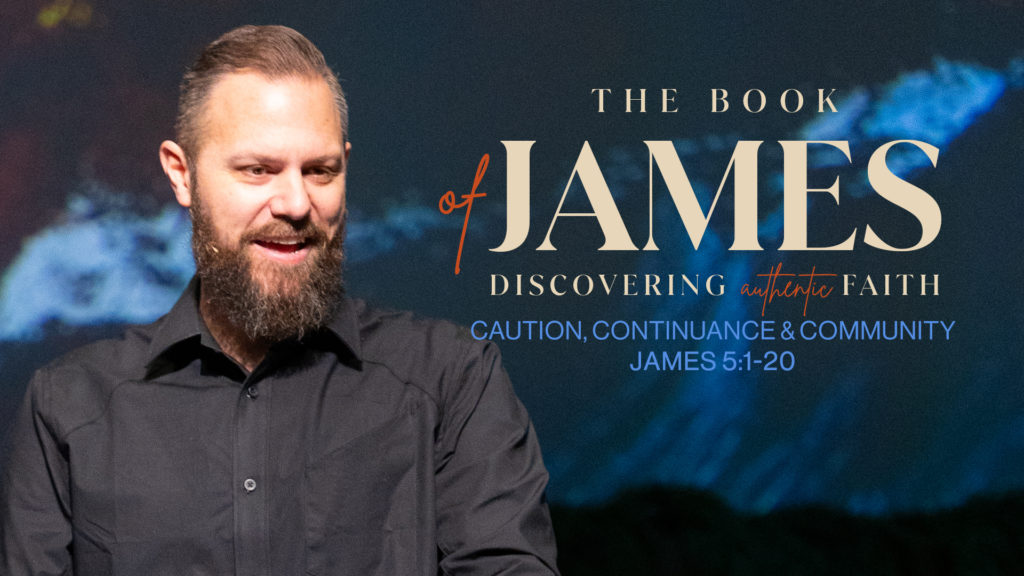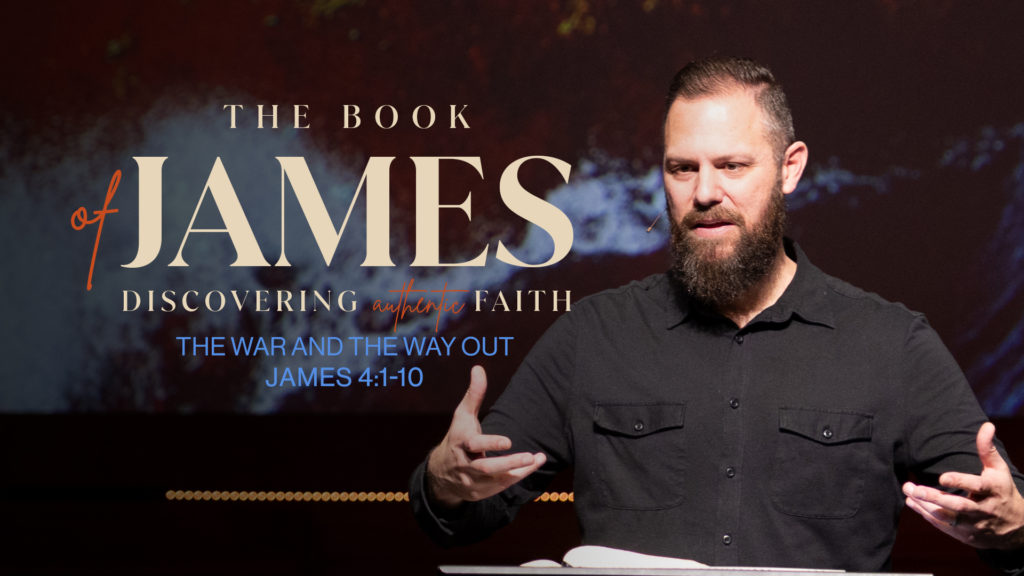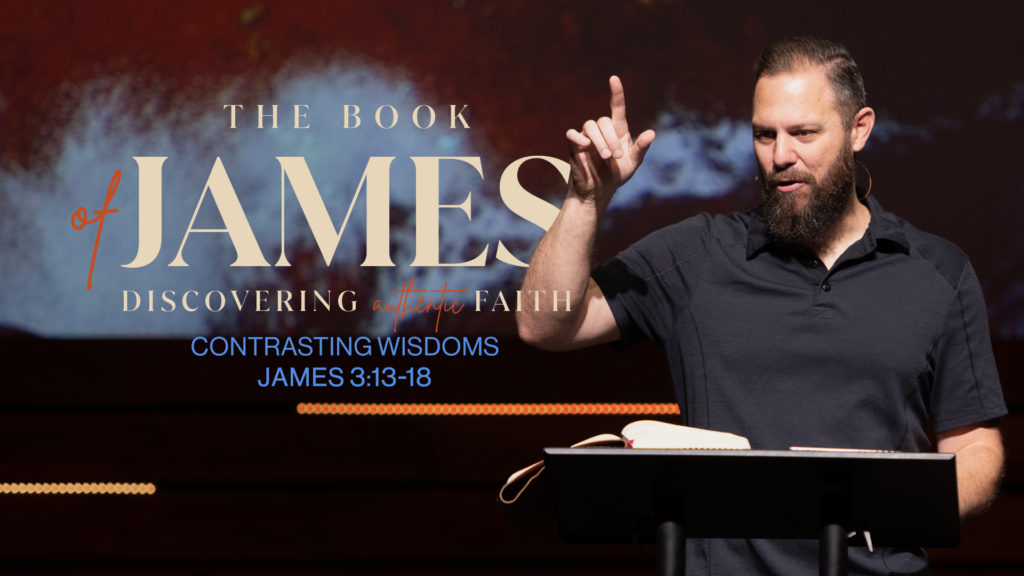Today’s sermon, rooted in James 4:11-17, challenges us with the question, “Who do you think you are?” It confronts the human tendency to overstep our bounds and play God, evidenced by our judgment of others and our presumptive planning for the future. James warns against speaking evil of others, which is akin to assuming God’s role as the ultimate judge. By doing so, we place ourselves above the law rather than submitting to it. The sermon illustrates historical examples of human pride, such as Pharaoh and Nebuchadnezzar, and parallels them with our own behaviors. We often judge others based on assumptions rather than facts—a reflection of unrighteous judgment. Jesus calls for righteous judgment, which is grounded in truth and love, not self-righteousness. Application points emphasize humility and submission to God’s will. Instead of making boastful plans, we should acknowledge life’s uncertainty and say, “If the Lord wills.” This posture of humility helps us trust God’s sovereignty and prevents us from usurping His rightful authority. Ultimately, we are encouraged to replace pride with humility, judgment with love, and self-reliance with faith in God’s perfect plan.




